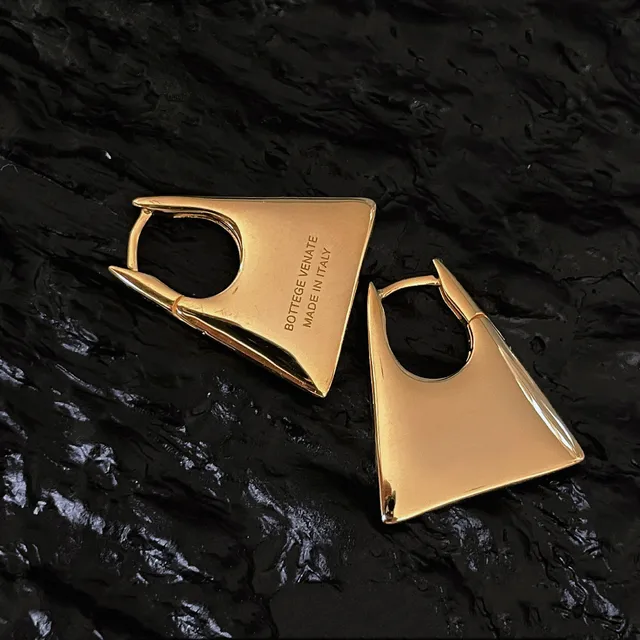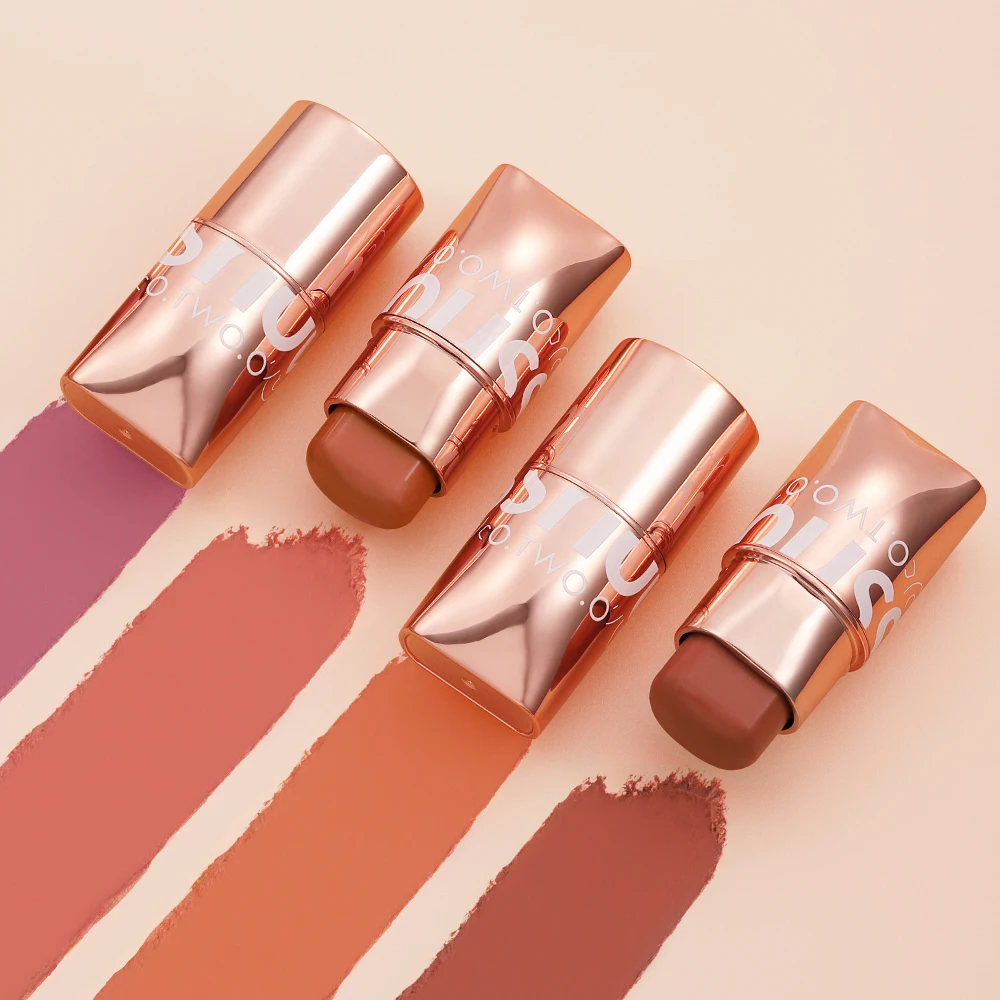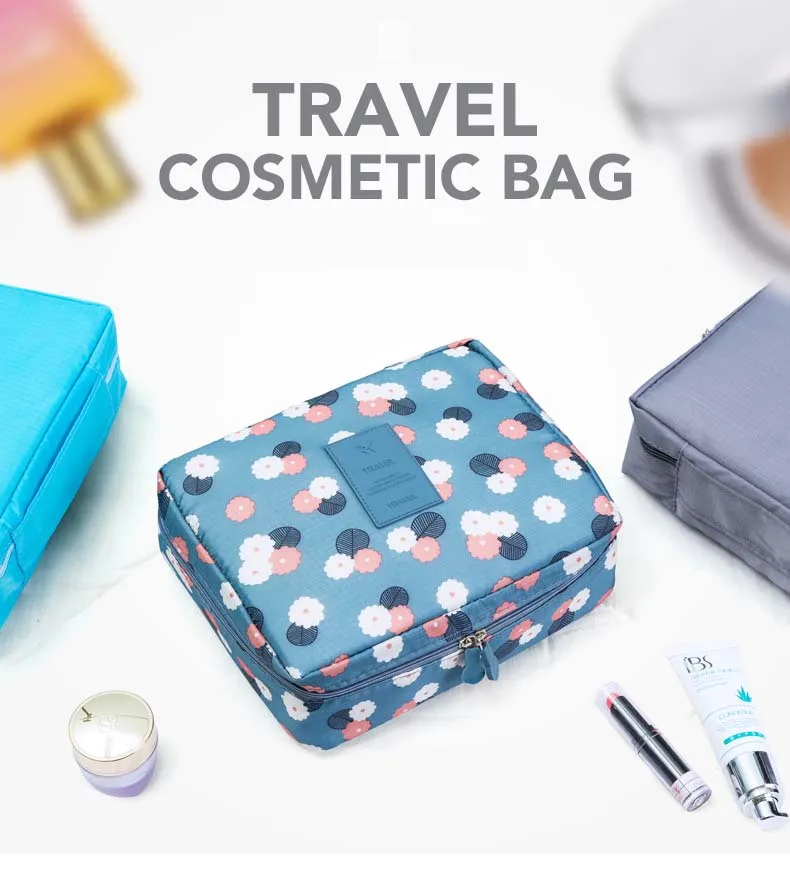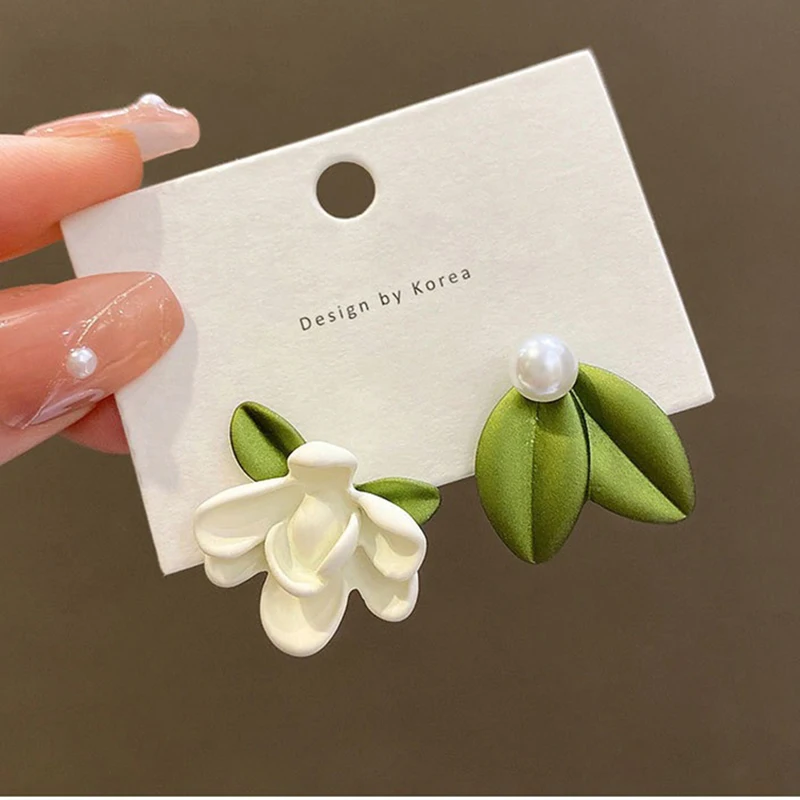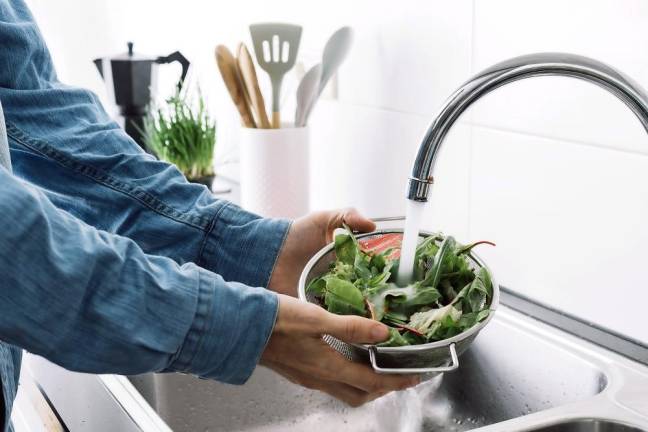
On the 31st of December of 2019, a new kind of unusual pneumonia was observed in the region of Wuhan, China. Eight days later, Chinese doctors and the World Health Organization reported this was, in fact, a virus belonging to the coronavirus family, baptized sometime later as COVID-19.
Since the first infections in the area of the Huanan Seafood Market, where the first infected people worked, this new kind of coronavirus has spread to more than 150 countries and territories, killing a total of out of the 185,000 confirmed cases as of 18th of March of 2020. Governments and populations around the world are struggling to prepare and to mitigate the spread of the illness to the general public and to the vulnerable groups within it.
There is a lot of research still being conducted on the COVID-19. There are many questions still unanswered, and a lot of misinformation is being thrown around in a mixture of panic and communities trying to figure out what to do.
There were claims on social media that products like Dettol can kill the coronavirus – with some even going to the heights of saying that the global pandemic was a scheme of this manufacturer. Some others, in an attempt to keep safe, prefer to wash fruit and vegetables with these kinds of cleaning products.
There are many things we don’t know, but we do know this: using Dettol, dishwasher gel or soap on food is inadvisable and , and will have no effect on the fight against COVID-19. We cannot stress this enough.
Preparing food correctly before eating
Experts suspect the first transmission of the coronavirus from animals to humans . The way the virus spreads is by close proximity with others that are infected, inhaling the airborne virus around them, and by using your hands on your face after touching infected surfaces. COVID-19 does not spread by food consumption.
As a result, the most important thing to keep in mind is that you should wash your hands before handling food. Since the virus is not foodborne, the only way to contaminate it is if your hands come in contact with the coronavirus and you touch the food afterward. Even in that circumstance, if you eat food that has been infected by touch, it is unlikely that COVID-19 can fight its way out of the digestive system and spread through your body.
Global pandemic or not, fruit and vegetables should always in running tap water. Vegetables, in particular, should be rubbed underwater inside a bowl, for instance. Meat shouldn’t be washed as cooking it will kill any harmful bacteria present. These are standard hygiene measures regarding food that should be observed at all times.
Dangers of using disinfectants and soap to wash food
The problem with using products such as Dettol, dishwasher gel or soap on food is that you won’t be protected from the coronavirus and it can become harmful for your health, which in turn might lead you to the nearest overcrowded hospital. It gives a false sense of security and might have adverse results, such as swollen mouth, stomach cramps and, in extreme cases, vomiting.
Dishwashing soap, in particular, is designed to remove oil, wax, and greases. Classed as a caustic liquid, it is strong enough to remove food remains from dishes. Imagine what it can do to the esophagus, intestines, and stomach.
Vegetables can absorb the chemical components of the soap and, when eaten, those components will start eroding and destroying cells in the digestive system. After days and weeks of ingesting these harmful chemicals, the body will start showing symptoms of poisoning and medical assistance will be necessary.
Recovery involves treating the stomach with activated charcoal, preventing further absorption of soap, ingesting laxatives to flush out the remains, having an endoscopy performed to understand the extent of the damage, and then figure what steps need to be taken to a full recovery. In a time of crisis such as this one, the wait times in hospitals for these procedures might increase dramatically as the pandemic evolves, which can further complicate this issue.
The main takeaways here are that COVID-19 does not spread through food, and to always remember to wash your hands before handling food.
On Dettol and COVID-19
Dettol is a well-known brand of disinfectants with increased demand since the measures to contain the coronavirus started to be implemented. If you read the back part of the package, you will find that it claims to neutralize a number of viruses, one of them being ““.
This was true until this new strain of the coronavirus family, COVID-19, was found.
Dettol’s products have been tested successfully against other strains of coronavirus, such as SARS and MERS, but since COVID-19 hasn’t been released for commercial testing yet, there isn’t enough information to confirm this. However, the sanitizers contain ethanol (alcohol) which is reported by the CDC and the WHO to be a strong-enough disinfectant for surfaces and for the skin. Again, not to be used on food.
You can read a clarification article Dettol has published on their website .
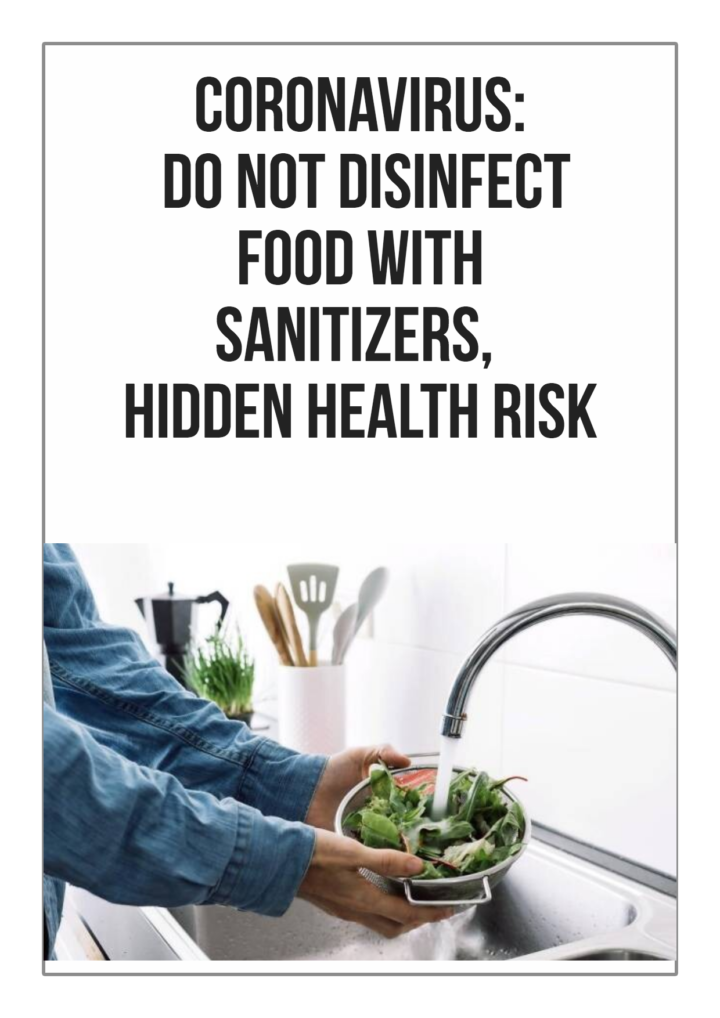
Conclusion
Many theories are being floated online about multiple issues regarding the global pandemic, and it is important to conduct some personal research before making decisions. Due to panic, misinformation, and sometimes people with good intentions but bad science, advice can be posted online that will end up being more harmful than good, potentially burdening health service systems around the world with other health problems apart from coronavirus cases.
As far as handling food is concerned in the COVID-19 effort, always wash your hands before touching the food. Do not use sanitizers, dishwashing products or soap to wash fruit and vegetables, as the results could be dire over time. Always disinfect frequently-touched areas around the house. Keep following these simple rules and always check with relevant authorities and their information channels about new practices that need to be introduced. Don’t trust new information easily, especially if it comes from non-trustworthy sources.
The post appeared first on .




